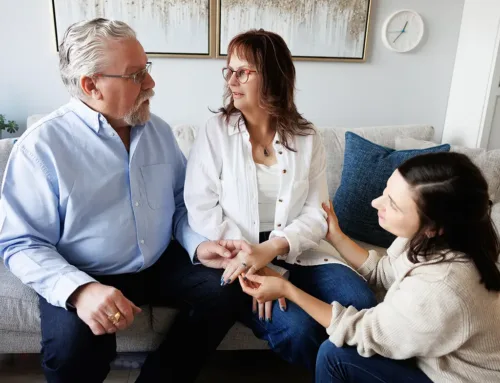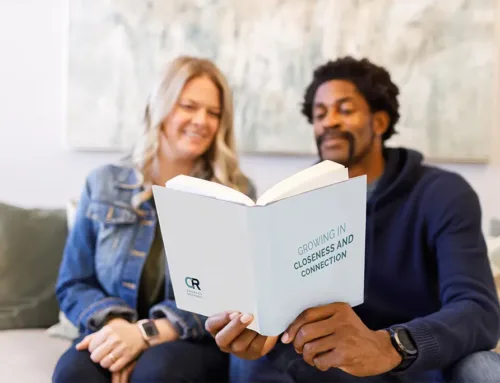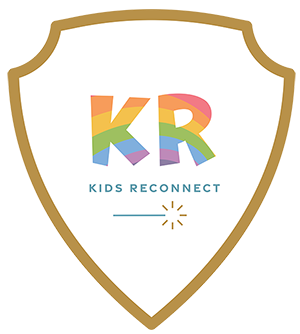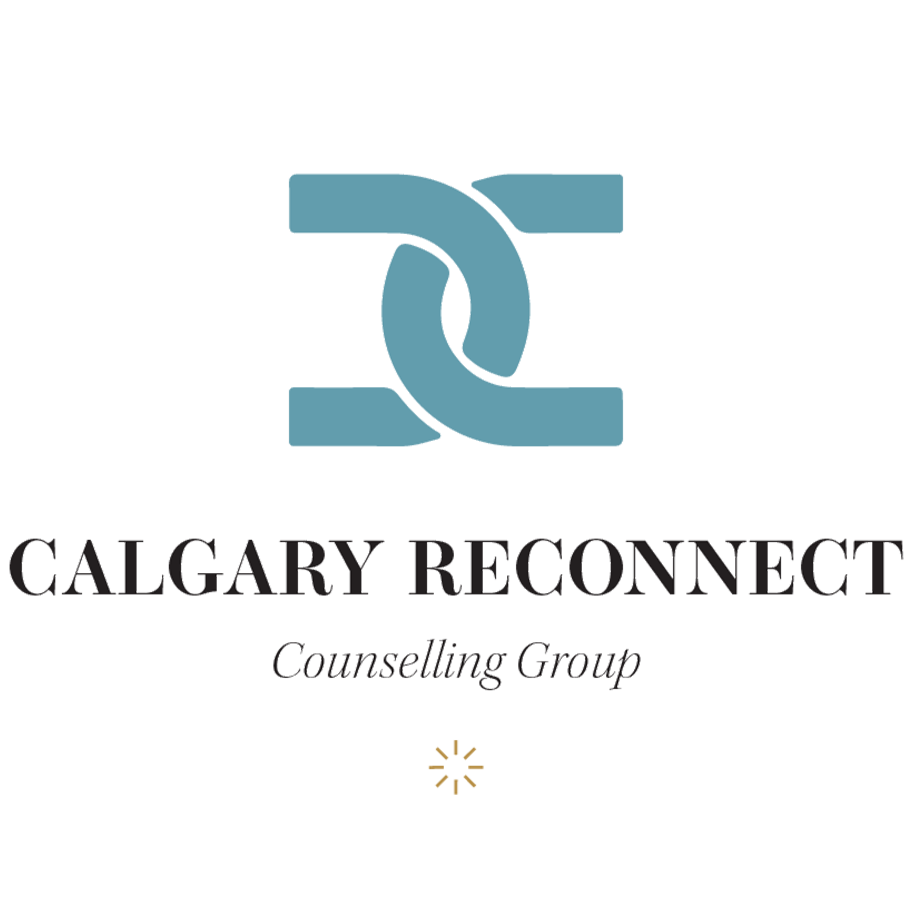Feeling stuck in conflict and disconnection?
Asking yourselves these questions will help you recognize
negative cycles that are perpetuating
conflict and disconnection in your relationship.
In this blog post, our clinic’s Natalie Bergman guides you with some questions that help you recognize negative cycles in your relationship.
Emotionally Focused Couples Therapy (EFCT) helps couples understand and break out of negative cycles.
In Emotionally Focused Therapy (EFT) for couples, recognizing and understanding the negative cycles that perpetuate conflict and disconnection is crucial. These cycles are often rooted in attachment needs and fears, which can be traced back to childhood experiences.
Here are some important questions that can help you, as a couple, to identify and understand recurring negative cycles in your relationship. Approaching these questions with gentle, self-reflective curiosity about you and your partner will go a long way in bringing you closer to each other.
1. What set this off inside you?
Identify the initial trigger or event that sparked the emotional reaction. This could be something seemingly small or a significant event that touches on deeper, unresolved issues.
2. What did you react to?
Pinpoint your partner’s exact action or statement that caused the emotional response. This often reveals patterns and repeated behaviors that trigger distress.
3. How do you interpret this?
Interpretation plays a huge role in how you perceive your partner’s actions. This question uncovers the story or meaning you attach to the event, which might differ significantly from your partner’s intention.
4. What goes through your mind?
Explore the thoughts that arise during the conflict. These thoughts can often be negative or self-defeating, contributing to the cycle of disconnection.
5. What goes through your body?
Emotions are not just felt mentally but physically as well. Understanding the physical sensations associated with emotional responses can help in recognizing the early signs of distress.
6. What do you do with this feeling?
Look at the actions taken as a result of the emotional response, whether it’s withdrawing, yelling, or another behavior. These actions often perpetuate the cycle.
7. Is this the moment when you (yell, avoid, cry, etc.)?
Identify the specific moments when maladaptive behaviours occur. This can help in finding ways to interrupt and change these patterns.
References
- Johnson, S. M. (2004). The Practice of Emotionally Focused Couple Therapy: Creating Connection. Routledge.
- Greenberg, L. S., & Goldman, R. N. (2008). Emotion-Focused Couples Therapy: The Dynamics of Emotion, Love, and Power. APA.









